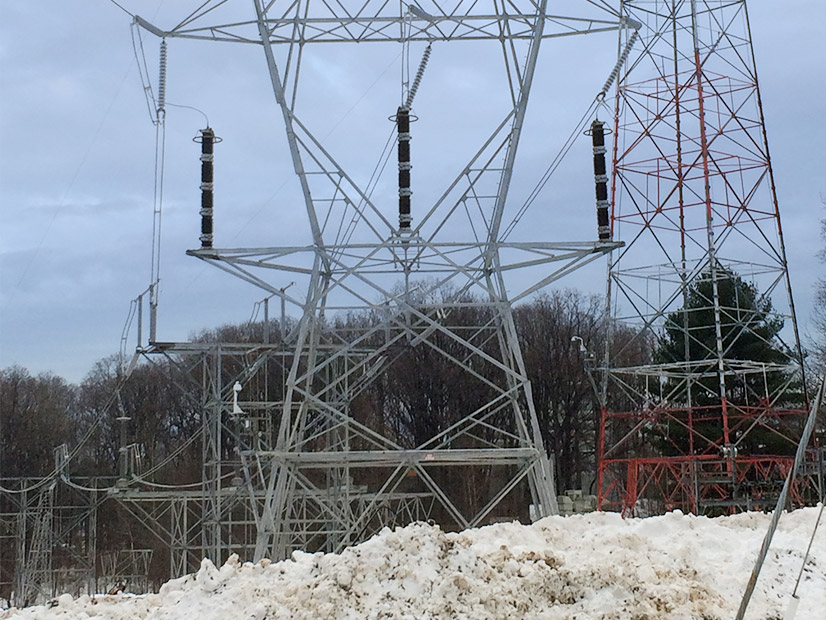NERC’s proposed cold weather standards are on track to be submitted to NERC’s Board of Trustees in June, having gained sufficient approval from stakeholders to move to a final ballot.
At Wednesday’s meeting of the standards development team (SDT) for Project 2019-06, NERC Senior Standards Developer Jordan Mallory confirmed that the three updated standards — EOP-011-2 (Emergency preparedness and operations), IRO-010-4 (Reliability coordinator data specification and collection) and TOP-003-5 (Operational reliability data) — had each met the two-thirds segment-weighted threshold required for approval in their second formal ballot and commenting period. The shortened 25-day ballot concluded on Monday.
Changes since the last comment period include language to clarify that EOP-011-2 covers emergency operations and not just preparedness, as the previous version stated. Generator operators were also added to the applicability list for the standard, with a new requirement mandating that they and generator owners provide cold weather training to appropriate staff. In addition, cold weather data specification requirements were added to the other two standards, and the implementation time frame was extended from 12 to 18 months.
NERC’s Standards Committee agreed to reduce the comment period from the standard 45 days after the February winter storms that led to prolonged mass outages in Texas and the Midwest brought a new urgency to the effort. (See NERC Provides Cold Weather, Cyber Updates.)
SDT chair Matthew Harward of SPP echoed this sentiment in the SDT’s last meeting in March, noting that “additional requirements or standards development work” might be needed due to the February storms, but reminding attendees that their mandate was only to address the recommendations of FERC and NERC’s joint report on the Jan. 17, 2018, cold-weather event.
“[Our] proposed standards may only be a first step in the evolution of cold weather preparedness for the industry, but it is a first step that we must take, and it is necessary and vital that we do this work,” Harward said. “I just ask you to be diligent so that we don’t let the scope creep or wander too far down rabbit holes, and … stay focused on the job ahead of us.”
Team Focuses on Small Revisions
The SDT continued to revise the proposed standards at Wednesday’s meeting, but focused on minor changes, wary of disturbing the consensus displayed in the ballot results.
The biggest change was an update to EOP-011-2 Requirement R8, which in the version submitted for balloting required “each generator operator or generator owner [to] provide generating unit-specific training to its maintenance or operations personnel responsible for implementing cold weather preparedness plan(s).” In response to industry confusion about which entity is responsible for such training, members agreed to add language clarifying that the generator owners are to work “in conjunction with” generator operators to “identify the entity responsible for” the training on each generating unit, which will then provide the training.
Another suggested change to the same requirement would have specified that such training is to be provided on an annual basis. However, members rejected this revision because of concerns that it would count as a “substantive” change requiring another 25-day ballot. Instead, participants agreed to add language to the implementation guidance for the standards suggesting that the training be done every year. The implementation guidance is endorsed by the ERO and not subject to the ballot process.
Members voted down a proposed revision to the same standard that aimed to clarify language requiring “annual inspection and maintenance of generating unit(s) freeze protection measures.” The change would have specified that the maintenance was only required in areas “applicable based on the inspection,” but most members felt that this change was unnecessary.





